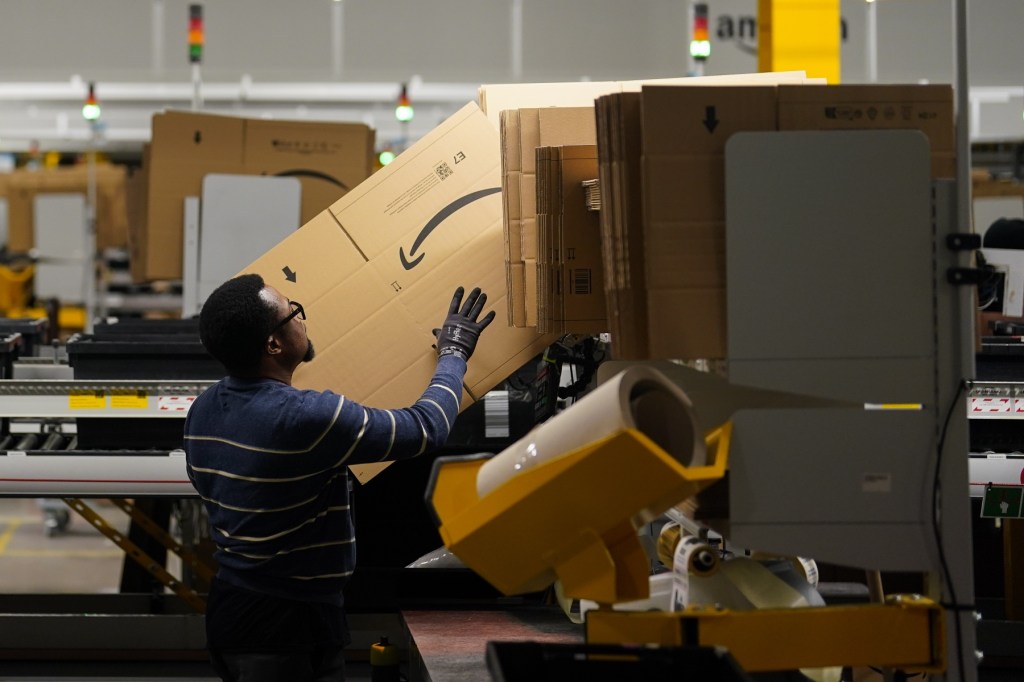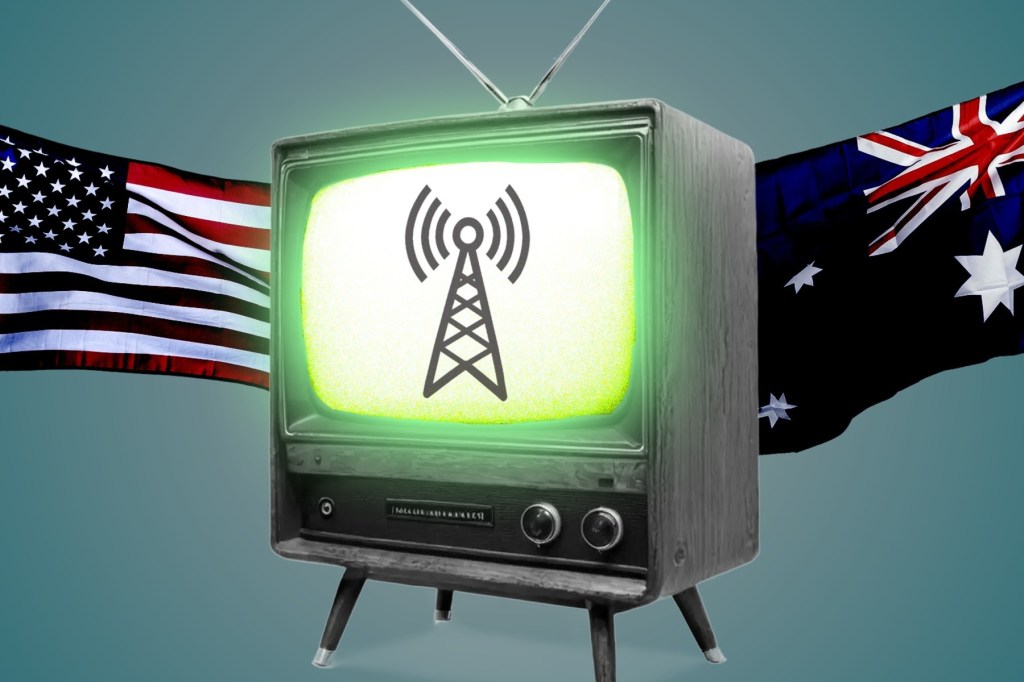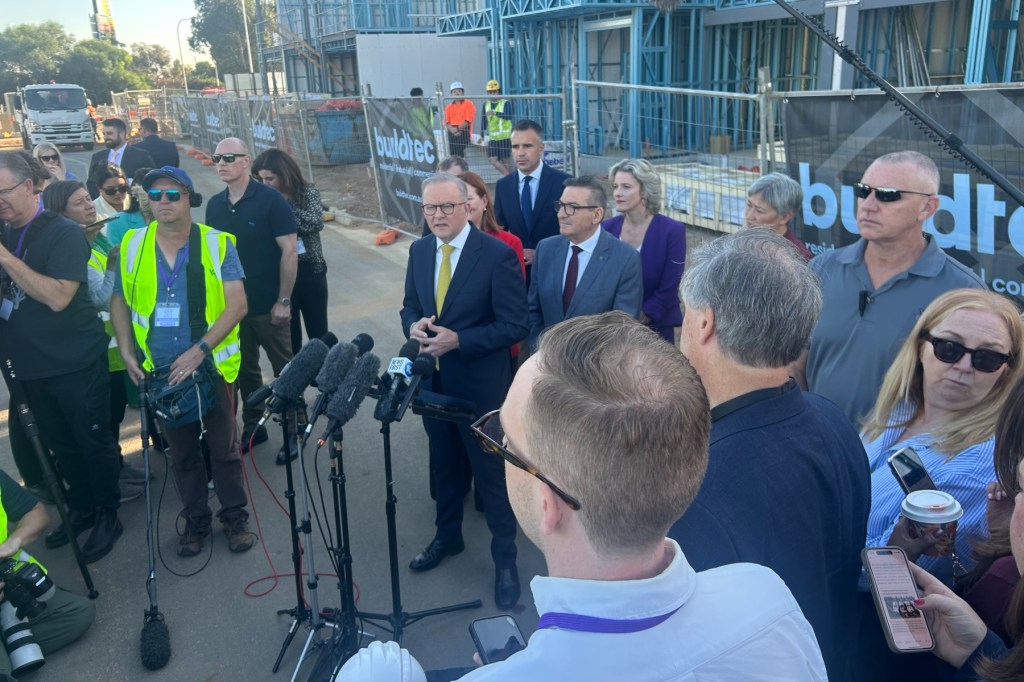Does Amazon really deserve our cash this Black Friday?
As you prepare to go into your retail frenzy, remember the Amazon workers who race around warehouses picking orders at unsustainable work rates set by algorithms that remove every pause in their workday.

As Australians are deluged with our annual inducement to open our wallets on Black Friday and raid Amazon’s retail forests for special deals, it’s worth reflecting where that money will flow.
As you prepare to go into your retail frenzy, remember the Amazon workers who race around warehouses picking orders at unsustainable work rates set by algorithms that remove every pause in their workday.
Amazon’s accountants are also racing around tax laws wherever they can. The Fair Tax Foundation found Amazon has the worst tax conduct among the tech giants, with cash tax just 11.3 per cent of its profit over the decade to 2019.
In Australia last year, Amazon paid just $125 million based on $6.6 billion in total income. That’s a tax rate of less than 4 per cent of income for this behemoth company.
A large proportion of Amazon’s global profits end up in a Luxembourg subsidiary, a nation where entities are taxed only on the income they make within the tiny haven.
This is the type of behaviour governments have been trying to regulate through multinational tax reform, which is at risk under the US’s new Trump administration.
You might like
Amazon CEO Jeff Bezos is one of the Silicon Valley techlords who stands to benefit the most from the election of Donald Trump as US president. Bezos personally intervened to suppress an editorial endorsing Kamala Harris in his newspaper, The Washington Post.
In the US and the UK, where workers vote for the right to be represented by a union, Amazon has flooded workplaces with new employees ahead of worker votes. Amazon does not welcome organising drives in its warehouses around the world.
When Amazon first opened in Australia, the SDA ran a case for a member who we say was dismissed for his union activity. As part of the settlement, the labour hire firm Amazon was using had to issue a public statement that workers at Amazon in Australia had the right to join the union.
Since then, whenever our organisers do lunchroom visits they are under constant surveillance, first by the HR team – who always seem to have lunch at the times we visit – and, second, the lunchrooms are under constant video surveillance.
Amazon has also advertised for a global role to monitor union activity of its workers around the world online and at work. Constant surveillance. The message from Amazon is clear: If you talk to the union, we’re watching you.
What can be done in the face of such a concentration of political and market power?
Stay informed, daily
As Australian citizens, we do have our own form of market power. Not our individual buying decisions, although they matter, but collective decisions made by governments on our behalf through government procurement principles.
Australia’s Commonwealth Procurement Rules (updated in July) state that procuring entities must not seek to benefit from supplier practices that may be dishonest, unethical or unsafe, including tax avoidance, fraud, corruption, exploitation, unmanaged conflicts of interest and modern slavery practices.
Literally hundreds of Australian government and public authorities have contracts with Amazon Web Services, the friendly face of Amazon, and the most lucrative part of the company’s Australian business.
These include the recent Department of Defence strategic partnership for a Top Secret Cloud that will cost at least $2 billion. But Defence is not alone, the CSIRO, Australian Bureau of Statistics, Australian Tax Office, Treasury, Australian Communications and Media Authority, the Future Fund and Digital Transformation Agency all rely on Amazon to manage their growing pools of data and personal information.
There are alternatives to AWS. For example, Microsoft, the second largest provider of cloud services has undertaken not to resist employees’ efforts to form or join unions.
Consumers have the ultimate choice on what and who we spend our money on, that’s as individuals or governments on our behalf.
Do we want to spend big with companies that don’t pay their fair share of tax, deny their workers a fair say at work, or monitor their workers every move including on rest breaks?
Do we really want our governments contracting with businesses like that?
Bernie Smith is the NSW State Secretary at the Shop, Distributive and Allied Employees’ Association.








